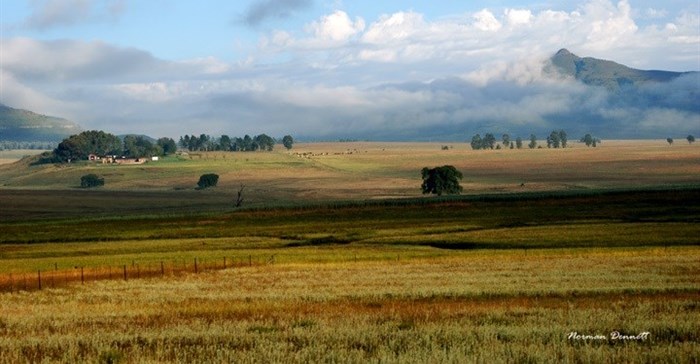
Top stories






More news


Marketing & Media
Ads are coming to AI. Does that really have to be such a bad thing?














The eight coalition members that the CER - a non-profit environmental rights law clinic - is representing are Earthlife Africa Johannesburg, the Mining and Environmental Justice Community Network of SA, the Endangered Wildlife Trust, BirdLife South Africa, the Federation for a Sustainable Environment, Bench Marks Foundation, Association for Water and Rural Development (AWARD), and groundWork.
Situated near Wakkerstroom in the Mpumalanga grasslands, the Mabola Protected Environment covers an area of critical hydrological importance and biodiversity to South Africa. Not only is the area composed mostly of wetlands, pans and endangered grassland ecosystems that support endangered species, it is also the source of three major rivers - the Tugela, the Vaal, and the Pongola - that support downstream water users who will be affected if the source of those rivers is compromised. For these reasons, this area has been classified as a Strategic Water Source Area, a National Freshwater Ecosystem Priority Area, and an Aquatic Critical Biodiversity Area.
Catherine Horsfield, Attorney and Mining Programme Head at the CER, says: "The Minerals minister's decision to grant the right was unlawful because coal mining in such a strategically important area would result in unacceptable pollution, ecological degradation and damage to the environment. That being so, the mining right should never have been granted. Moreover, the fact that it is a protected environment means that commercial mining can only take place with the permission of both the Ministers of Mineral Resources and Environmental Affairs. No permission has been given by - or even sought from - the Minister of Environmental Affairs. Minister Ramatlhodi also disregarded the opposing views of the Department of Water and Sanitation and conservation agencies. On these bases we will argue that his decision should be set aside by the court."
According to an AAV environmental impact assessment report, the company plans to de-water the wetlands; draw water from the subsurface water resources; and pollute the streams that feed the rivers originating in the area. The report also states that seepage of acid mine drainage from the mine into the freshwater system is highly likely. "There is overwhelming evidence that most of the damage to this sensitive aquatic environment cannot be mitigated and will therefore be irreversible," Horsfield adds.
Makoma Lekalakala, Branch Co-ordinator of Earthlife Africa Johannesburg, says, "The mining right was granted without having regard to downstream water users dependent on the water, or a quantification of the dewatering effect on economic activities downstream."
Horsfield says: "Our clients are concerned that the granting of this right will create an expectation that other mining right applications in respect of SA's environmentally sensitive areas will be granted, even when those areas have protected status."
"The eight organisations, acting in the public interest, were left with no option but to apply to the High Court for an order declaring the decision of the Minister (and the Director-General of the DMR before him) unlawful and setting these decisions aside," Horsfield concludes.